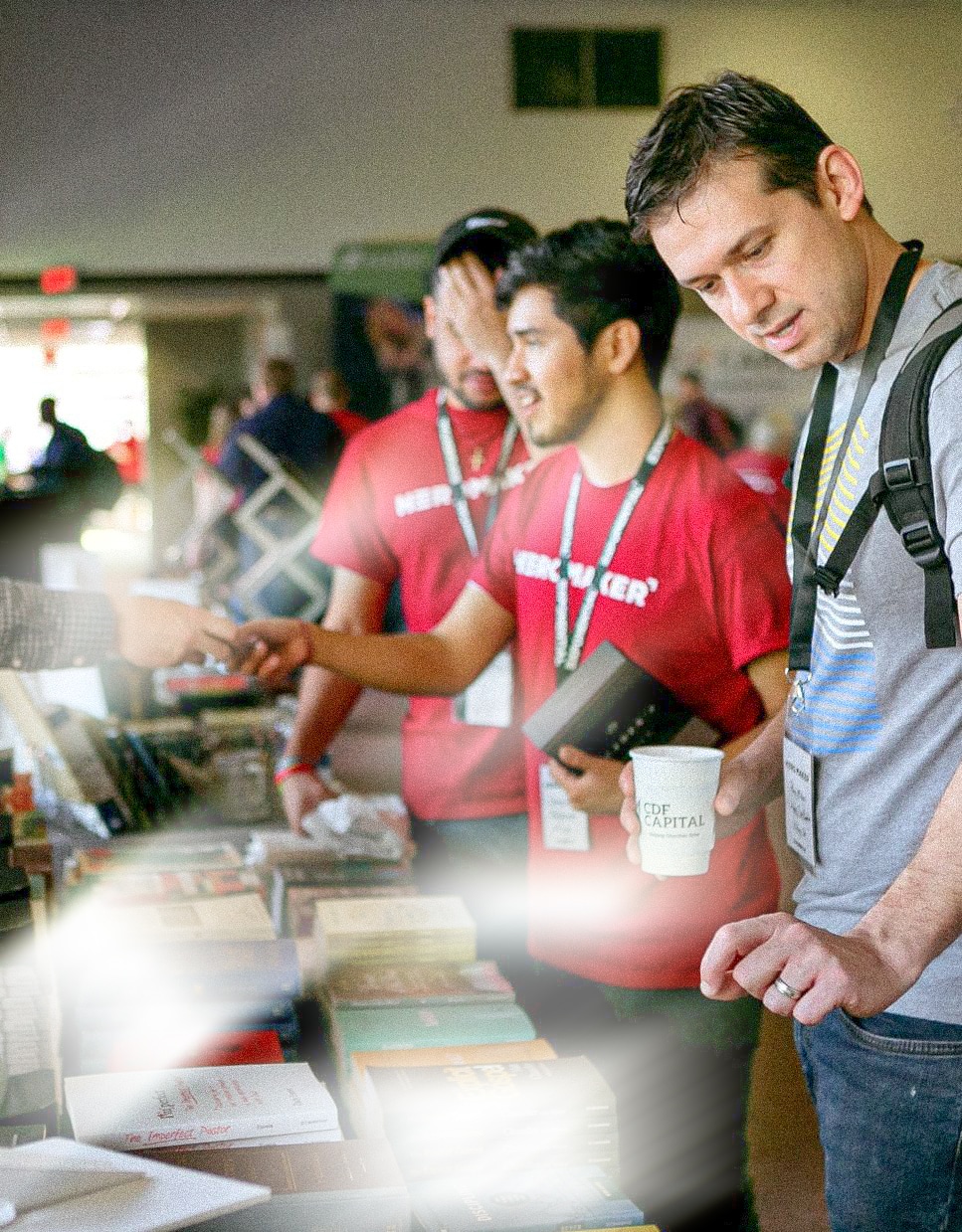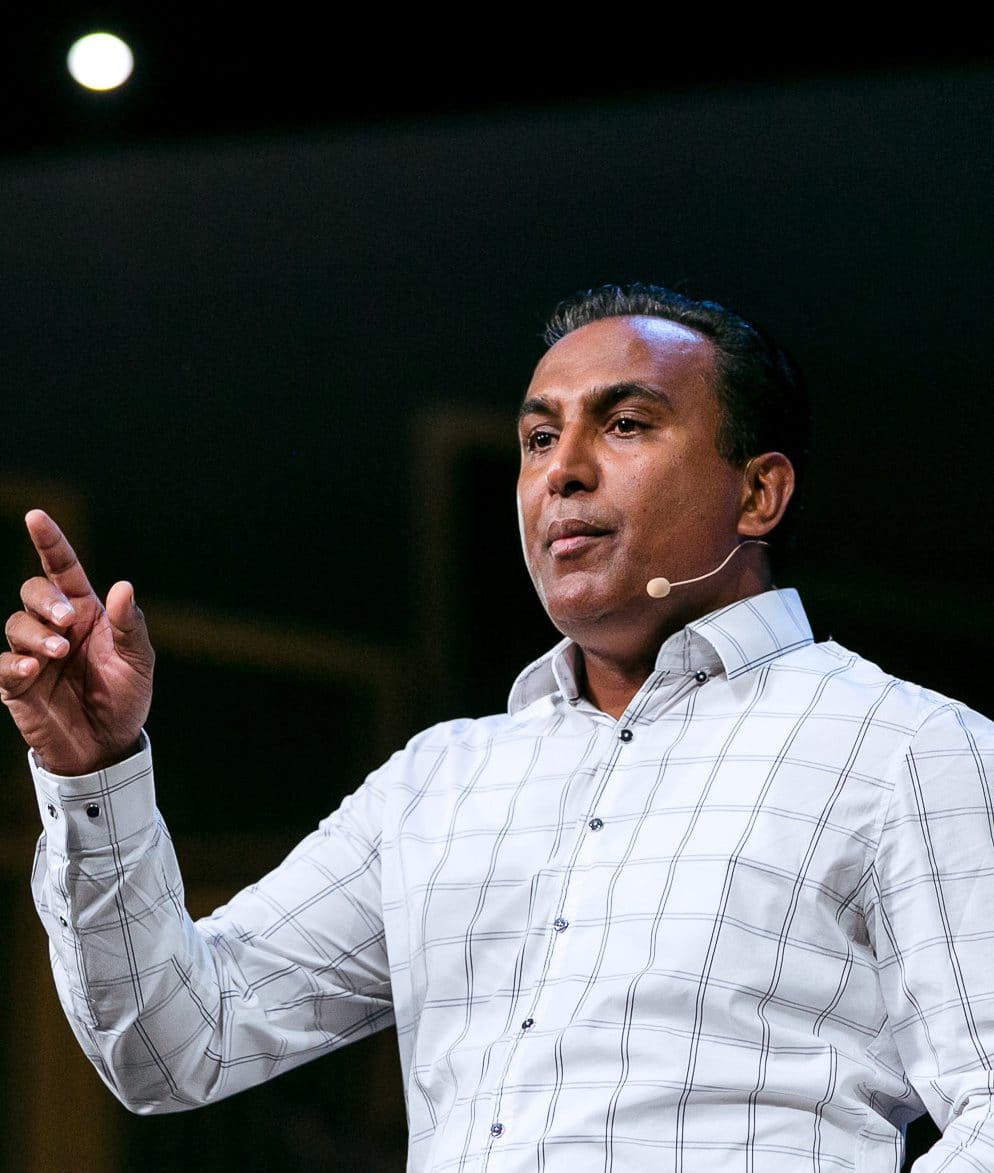We are experiencing a wake-up call in the Church.
Although making disciples is the clear mission of the Church, when asked, most churches say that making disciples who make disciples is still their biggest weakness.
We sense God is calling the Church to return to its primary purpose, to make disciples who make disciples. In order for us to do so we must make a one eighty turn with these five shifts…
Are we simply focused on attracting people to Jesus, or are we actively making disciples? In this crucial shift, we move beyond the numbers game and redirect our efforts towards developing mature disciples who reflect the life and character of Jesus. It’s time to shift from a consumer-driven approach to a disciple-making mindset, equipping believers to go out and make disciples themselves. By prioritizing the mission of making disciples, we ensure that the Church is fulfilling its true purpose, rather than just increasing attendance numbers.
Do we believe that ministry is reserved for a select few, or are all believers called to be equipped for ministry? This shift challenges the notion that only a limited group of Christians have a role to play. Instead, we recognize that God has called every follower of Jesus into ministry. It’s time to expand our approach beyond providing information and focus on equipping every believer for effective ministry. By embracing a holistic understanding of equipping, involving various roles and giftings, we empower the entire Church to fulfill their calling and contribute to the work of ministry.
Does attendance equate to true discipleship, or is there something more meaningful we should strive for? This shift calls for a change in perspective, from a mere focus on attendance to intentionally creating relational spaces that foster loving attachment to God and others. Love is more than a feeling; it’s about genuine connection and giving of ourselves. By shifting our approach from running programs to facilitating attachment, we pave the way for deeper discipleship. Let’s reevaluate our programs and ensure they provide the space for people to grow in their love for God and one another.
Are we weary and burned out on our discipleship journey, or are we truly thriving in our walk with Christ? This shift challenges the culture of striving and invites us to embrace a mindset of thriving. It acknowledges the toll of burnout and seeks emotional, relational, and spiritual health. As leaders and followers of Jesus, we need to prioritize our well-being and seek growth in all areas of life. By fostering a culture of thriving, we create an environment that promotes holistic discipleship and enables greater effectiveness in fulfilling our mission.
Are we viewing the Church as a business to accumulate people and resources, or are we seeing it as a family that deploys disciples for kingdom impact? This shift reorients our perspective from accumulation to deployment. It challenges the competition mindset and instead encourages collaboration among churches and ministries. The measure of success shifts from mere size to the ability to raise up mature disciples who can be sent out to fulfill the Great Commission. Let’s prioritize sending and multiplication, as we empower disciples to extend the Kingdom of God and impact the world.

It is with a strong sense that God is calling us back to the primary purpose of the church that the Exponential Big Idea for 2024 will be One Eighty: The Return to Disciple Making.
What’s in you is worth multiplying →
Exponential events are the best place to reconnect with like-minded friends and make new connections who are a part of our community with a common cause. Hear from the Exponential family of 800+ speakers, thought leaders, multiplication practitioners, and authors to renew your passion and further your calling.


I love what Exponential is doing to focus on multiplication, specifically the mission to see the percentage of U.S. churches that ever reproduce increase to greater than 10%. That’s a mission worth giving our lives to.
Ed Stetzer
Executive Director of the Billy Graham Center for Evangelism at Wheaton

Exponential never fails to inspire, energize, and catalyze people towards Kingdom expansion! If you want a strategic conference for leadership development, church planting and spiritual infilling—go to this one.
Danielle Strickland
Spiritual Leader, Justice Advocate, Communicator, Peacemaker

I love the vision and values of Exponential. It is one of the best platforms for leaders who want to multiply and become a movement.
Jossy Chacko
Founder and President of Empart

Exponential has powerfully helped leaders advance the Church.
Ron Dotzler
Founder and Board President of Abide